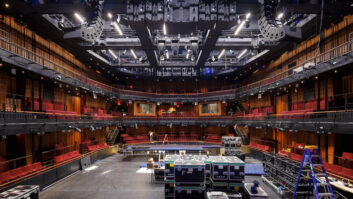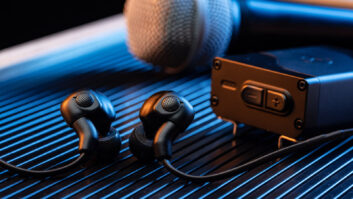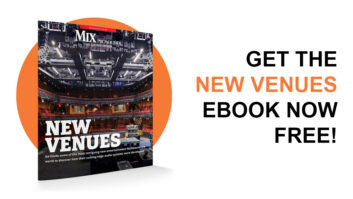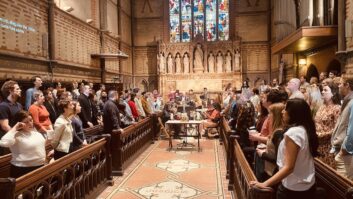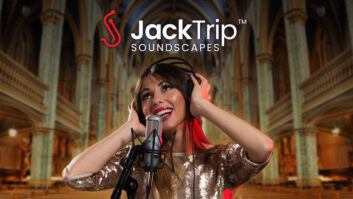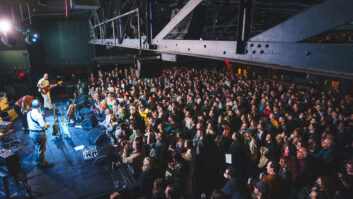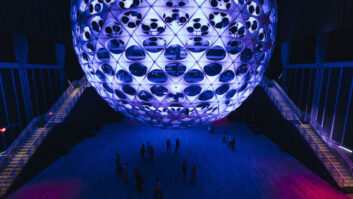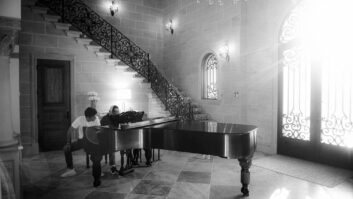
New York City Mayor Michael Bloomberg
New York City Mayor Michael Bloomberg announced in early March that the city will attempt to raise hearing preservation awareness. Targeting earbud headphones and the risks of listening to music too loud on an MP3 player, the campaign will be aimed at teens and young adults, using social media networks like Facebook and Twitter to inform individuals about hearing loss from listening to music too loud. The campaign will cost $250,000 and will be financed through a grant from the Health Department’s Fund for Public Health.
For professional musicians, hearing preservation is key to their careers. With this said, the notion that earbuds can contribute to hearing loss is not a new fact, and some hearing loss experts believe that Bloomberg’s campaign will be helpful in spreading education and awareness of the risks you take when playing music too loud over an iPod.
“Anytime that someone speaks out, especially someone like Mayor Bloomberg, it makes sense—it’s a good thing,” commented Kathy Peck, founder and executive director of H.E.A.R. (Hearing Education and Awareness for Rockers), a non-profit volunteer organization that has educated musicians and fans about how to prevent hearing loss for the past 25 years. “You only have one pair of ears, and prevention is the best you can do. At a young age, you can damage your ears. It can happen from one blast or repeated exposure, and if you take short breaks from your earphones, that can make a big difference.”
Dr. Michael Santucci of Sensaphonics agreed, saying that Bloomberg’s efforts raise awareness will be helpful, and noted that people need to be aware of how loud they turn up their devices while in a noisy environment. “Noisier places require you to listen at a louder level,” Santucci said. “Everyone in hearing loss prevention recommends noise isolating headphones. New York is a loud place, and that alone is causing hearing loss.”
In Europe, Santucci said there is a 100 dB limit on all personal listening devices. However, he said that listening at that level is safe for approximately 15 minutes before you start to damage your hearing. “78 dB is what’s safe for all day, 80 dB for 16 hours,” he said.
Peck echoed Santucci’s comments, saying that hearing loss is caused by the length you listen to music as much as the level. “Just by taking a short break and keeping it at a lower level can help,” she said. “Looking at the earphones you have, if you have to turn up the volume to hear the bass, then that’s not right. You need something with truer sound, something that’s not damaging.”
At the University of Michigan, Dr. Josef M. Miller released a study that hearing loss can also be caused by oxidative stress and decreased blood flow in the inner ear. Stemming from Miller’s research, Sensaphonics teamed with Hearing Health Science to create a multi-vitamin supplement called Soundbites, which helps prevent hearing loss. “We found that vitamins A, C, E and magnesium can cut hearing loss in half,” said Santucci. “Musicians are very excited about this. This is not a solution, however, just another tool in the toolbox (to help prevent hearing loss).” At the moment, researchers are working to get Soundbites FDA approved, so the supplement can be in local drugstores across the country.
But in terms of Bloomberg’s initiative to target younger generations, Santucci said education is still the best tool: “For 5-12 year olds, education is what’s best. For Bloomberg to come on board and say, ‘I care about my hearing,’ I think there will be some change in attitude.”
H.E.A.R.
www.hearnet.com
Sensaphonics
www.sensaphonics.com
Soundbites
www.soundbites.org
